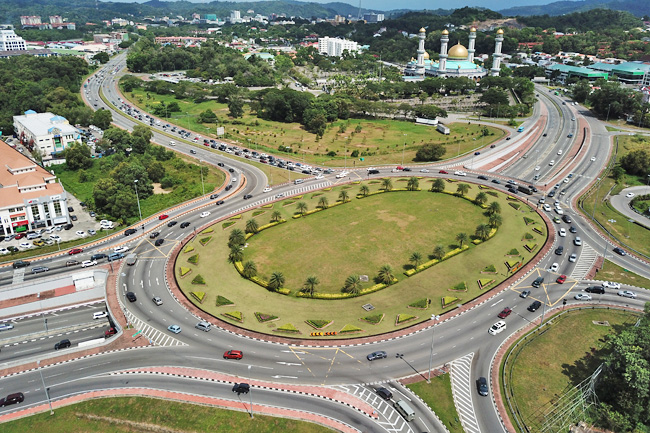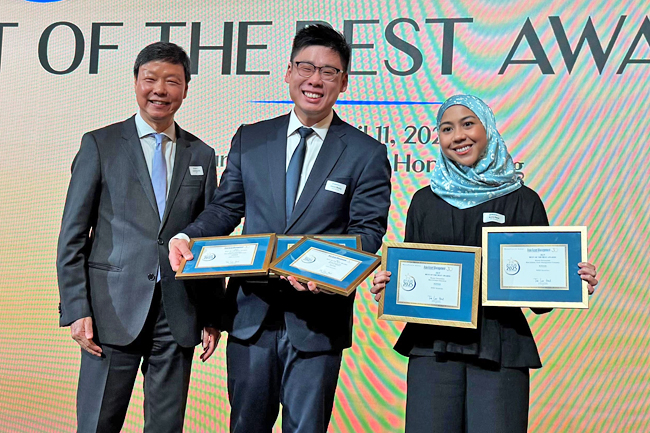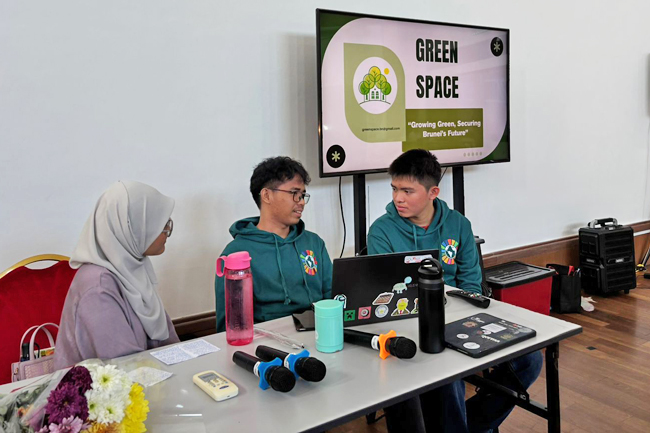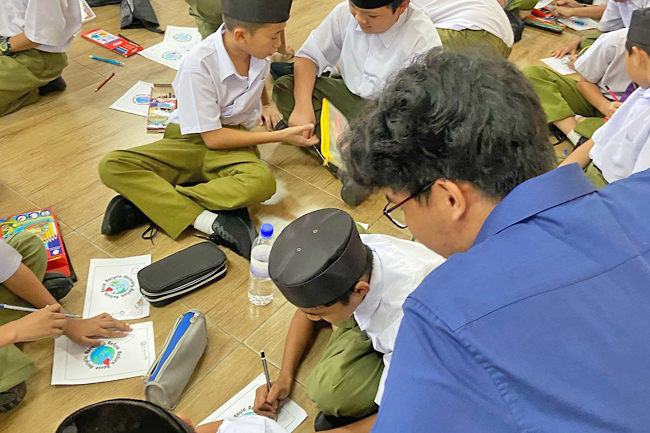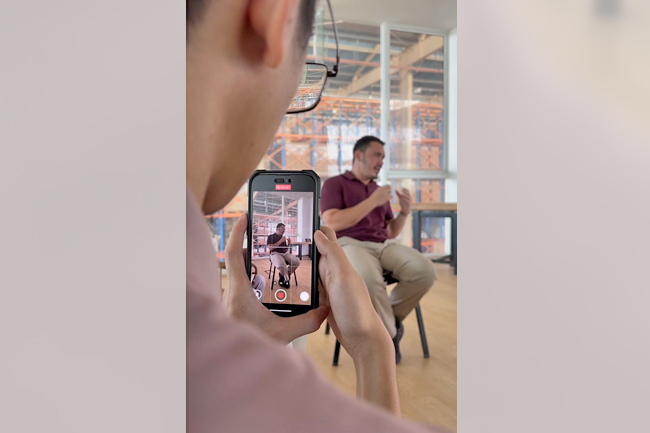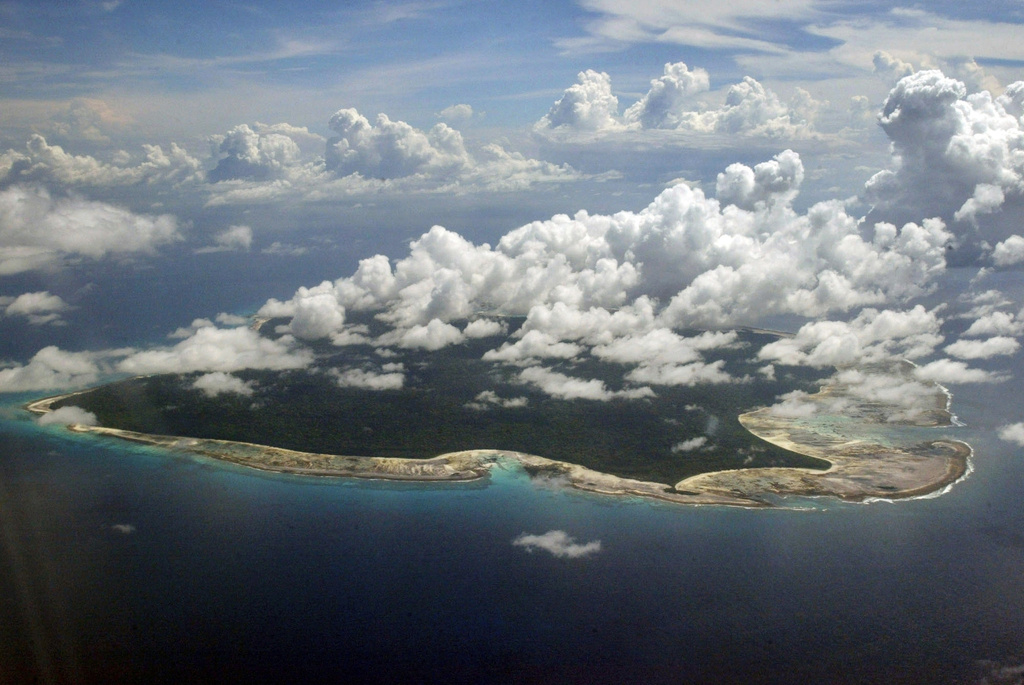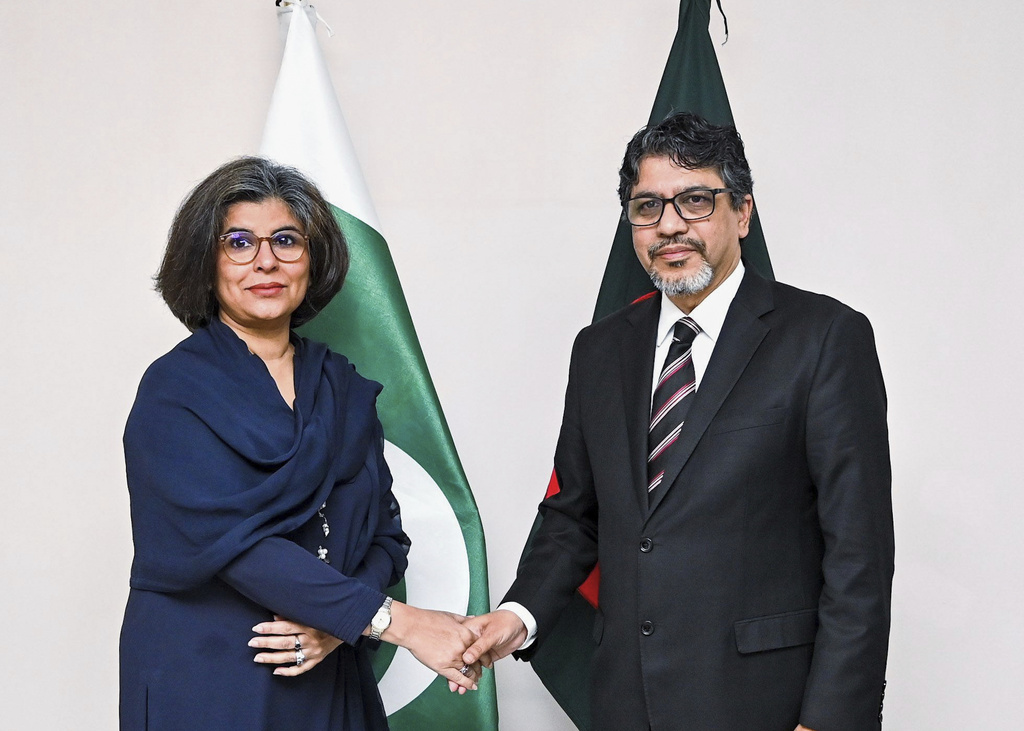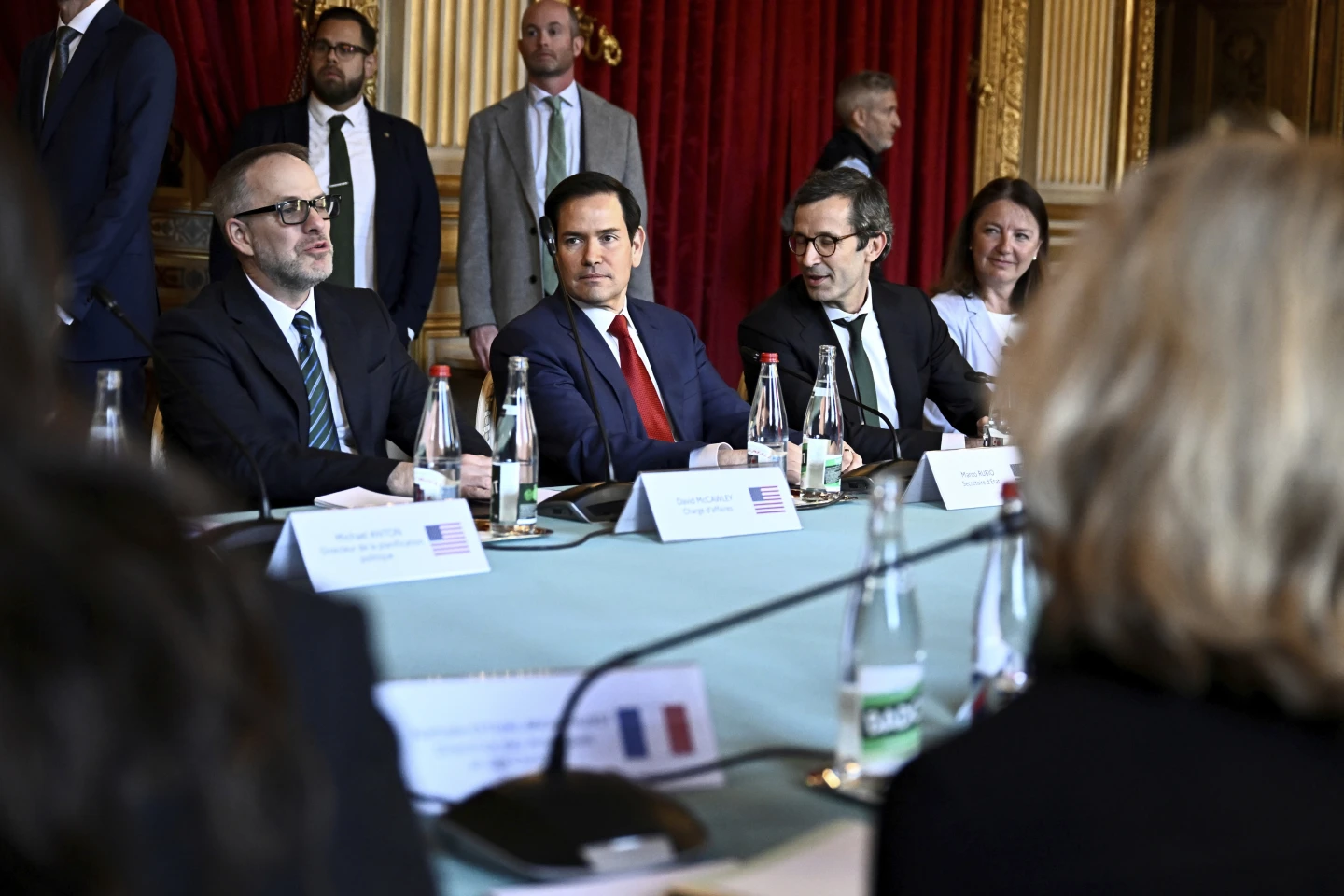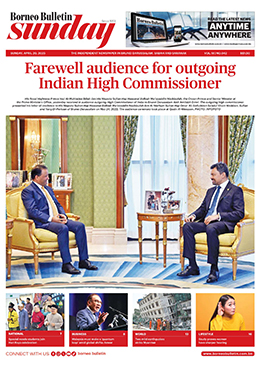Local ladies’ softball teams WanderPasa and Divas left the Sultanate yesterday to compete in the After Hour Women’s Slowpitch Softball Tournament 2025 at the Gelora Bung Karno (GBK) softball field in Jakarta, Indonesia this weekend.
The tournament, organised by the After Hour Softball Club under the Jakarta Cheetahs, will gather strong teams both at home and across the region as well as World Series players who compete in the big leagues.
Both teams will be returning to the competition having competed in previous editions.
WanderPasa Team Manager Sanusi Idris told the Bulletin in an interview, “We always look forward to play a proper tournament especially playing in Indonesia where they have proper infrastructure.
“So, it is a different experience. In Indonesia, the playing surface is made up of clay,” said Sanusi adding that it meets world class standards.This is a different experience to the playing grounds in Brunei where it is made up of turf and grass.
The management highlighted that the international tournament previously witnessed teams from South Korea and Japan although both countries will not be participating this year.
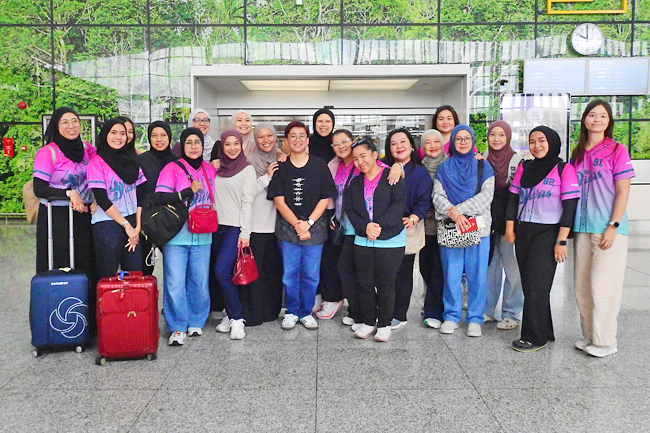
“We hope to maintain our position (from last year). We did well last year and we aim to finish in the top three or at least reach the second round.”
The WanderPasa team will compete in the premier category where the teams are normally considered at the club level.
He concluded, “It will be a good exposure for us so from there we can see our level and benchmark and take a few things from what we learn from the tournament.”
He also highlighted that they will make a repeat appearance in the tournament having featured in previous years. The services of the players that have featured in the previous edition have since been retained with new additions linking up to form a new-look side.
Meanwhile, Divas Team Captain Wan Hannah Atiqah binti Haji Abdul Karim said, “This will be the second time that the Divas team will be participating in the After Hour Women’s Slowpitch Softball Tournament.”
She continued, “We participated for the first time last year and it was really enjoyable. We hope to bring the same energy this time around.
“We do hope, Insya Allah, to have better result (than last year) this time but even if we don’t, we’re taking this as an opportunity to expose our new players.
“We do have several new younger players this time around and we do hope to expose them and get them involved in the game as much as they can be. We do hope obviously that our position will be better than last year.”
The team captain stressed the importance of communication as one of the key takeaways from their experiences last year owing to the unpredictability especially with the flight and direction of the ball.
“It is very important to have everybody in constant communication and just overall keeping positive, being very positive and we have to trust each other.”
Like WanderPasa, the Jakarta meet will be their first competition in the calendar year. The players have also been participating in the local Slowpitch tournament as part of their preparations including training four times per week.
She continued, “When you are participating locally, you know everybody within the softball community. So, we know how each other plays and we are friends with each other.
“So whenever you are participating internationally, you’re playing against people you never met before or you don’t know where their skill levels are and you don’t know how you would play against them as well.” – Fadhil Yunus

